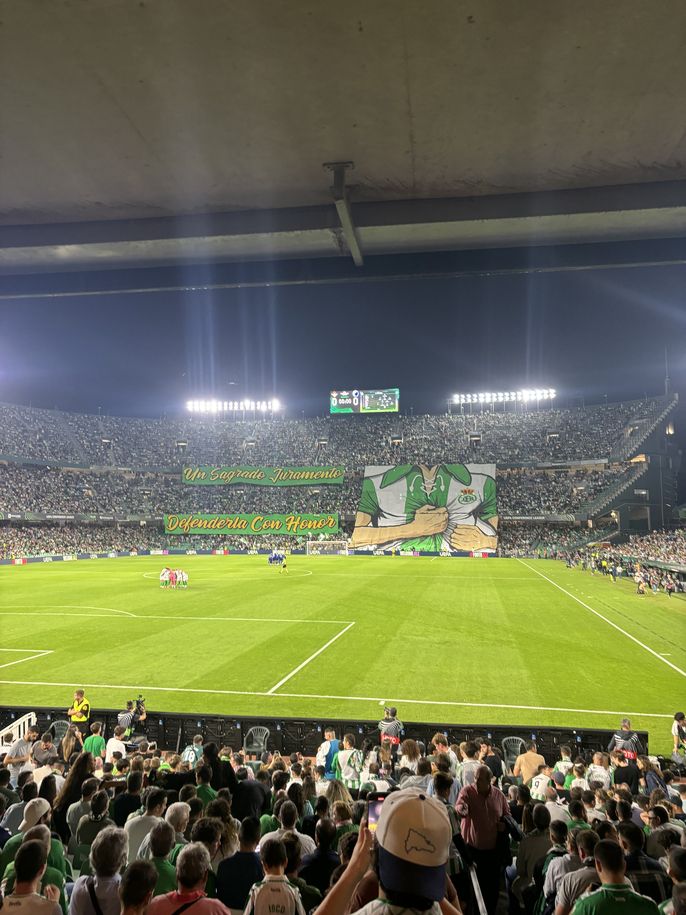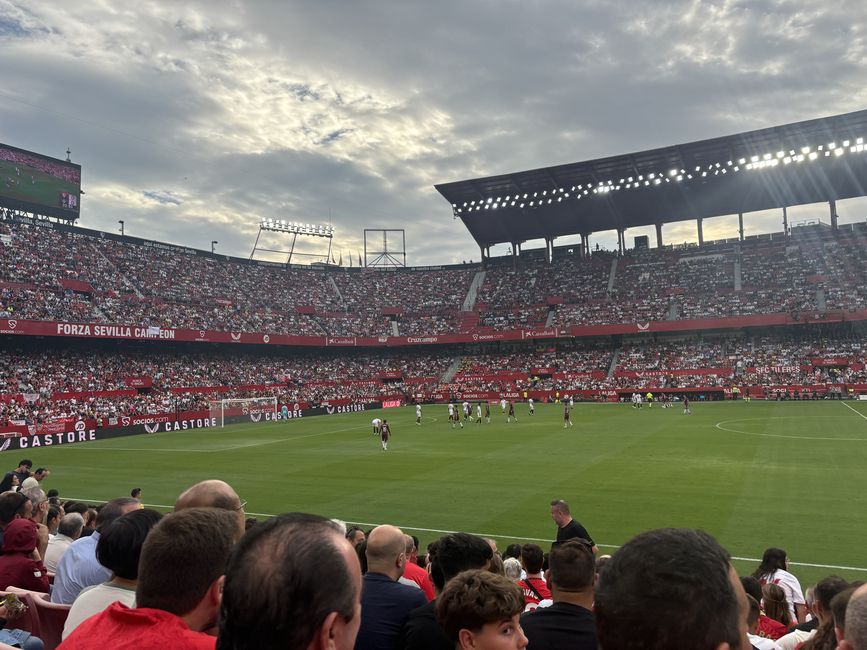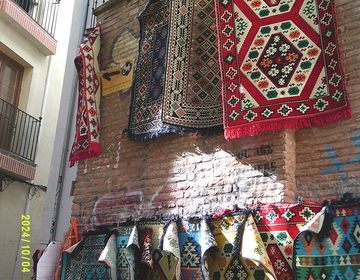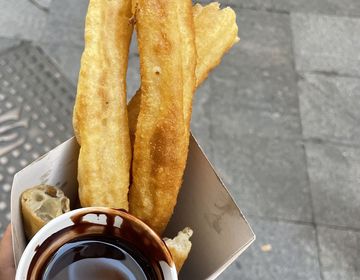Sevilla v. Betis: The Rivalry
By: Graham Kreppein
As a study abroad student in Seville, immersing myself in the local culture has led me to one of the most fascinating aspects of life here: the intense football rivalry between Sevilla FC and Real Betis, known as El Gran Derbi. This rivalry is not just about football; it embodies the spirit and passion of the city itself.
A Historical Overview
The roots of this rivalry trace back over a century. Sevilla FC was founded in 1905, and Real Betis followed shortly after in 1907. Their first official match occurred in 1915, setting the stage for a fierce competition that would define the sporting landscape of Seville. Over the years, both clubs have faced each other more than 120 times in various competitions, with Sevilla generally holding a stronger record in terms of victories.
The Cultural Divide
What makes this rivalry particularly intriguing is how it reflects the cultural divide within Seville. Sevilla FC is often seen as the club of the elite, while Real Betis embraces its identity as "the people's team." This dynamic creates a palpable tension on match days, where wearing the wrong colors can lead to uncomfortable situations in bars or on the streets. The colors are emblematic: Sevilla dons red and white, while Betis sports green and white. This division permeates everyday life in Seville, influencing everything from family dinners to social gatherings.
Match Day Atmosphere
Experiencing a match day during El Gran Derbi is nothing short of electric. The atmosphere around both stadiums—Estadio Ramón Sánchez-Pizjuán for Sevilla and Estadio Benito Villamarín for Betis—is charged with excitement. Fans gather hours before kickoff, filling local bars and streets with chants, flags, and an undeniable sense of camaraderie among fellow supporters. The rivalry fosters a unique sense of community; whether you’re cheering for Sevilla or Betis, you’re part of something larger than just a game.
Notable Matches
Several matches have etched themselves into the annals of history. For instance, Real Betis famously spoiled the opening of Sevilla's stadium in 1958 with a stunning 4-2 victory. More recently, a thrilling encounter in January 2018 saw Betis triumph 5-3 at Sevilla's home ground—the highest-scoring derby match in La Liga history. These moments are celebrated by fans for years to come and become part of local lore.
Beyond Football
The rivalry extends beyond the pitch into various aspects of Sevillian life. It influences local festivals, art, and even culinary traditions. During events like Semana Santa and Feria de Abril, you can see both clubs' colors represented prominently, symbolizing how intertwined football is with the city's identity.
Conclusion
As I navigate my time here in Seville, understanding this rivalry has deepened my appreciation for not only football but also the cultural fabric that binds this city together. Whether you’re an ardent supporter or just an observer, experiencing El Gran Derbi is an unforgettable part of living in Seville—one that showcases passion, pride, and an indomitable spirit that defines this vibrant Andalusian city.
Related Posts
Te Amo Sevilla
By: Josiann Campos My time in Sevilla has been absolutely unforgettable. Leaving feels so hard, but deep down, I know this isn’t goodbye—it’s just “see you later.” When I first... keep reading
Day Trip to the Alhambra
By: LiSha Powell Hi! My name is LiSha, and I studied abroad with CIEE during the fall 2024 semester in Seville, Spain. There were countless highlights during the trip, but... keep reading
Discovering Seville: Spain’s Most Magical City
By: Sophia Liott When most people think of Spain, their minds go to cities like Barcelona and Madrid, and while those places are great, there is no place quite like... keep reading




